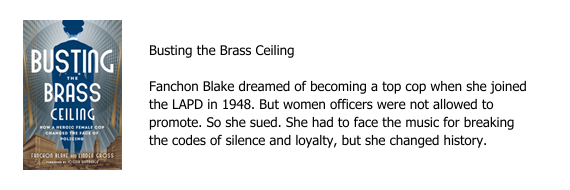The last thing you want to do is spend the time and money to get people to your website only to lose them because your web content is second-rate. Here are the web content writer tips you want to consider when evaluating or revising your web copy:
Branding
Most people think about logos and perhaps overall design when they think of branding. But the feel that your logo and overall look evokes needs to be reinforced by the written word. The tag line and/or mission statement on your home page are what will either keep people reading and compel them to furiously begin stabbing at their back button.
Bounce Rate
You have just five to eight seconds to catch readers—or lose them. This is called the bounce rate. If you fail to engage potential clients and then hold their interest, you’re sunk in the time it takes to sip a cup of coffee. How does your copy stack up? Are you providing useful information that’s appealing to people as well as to search engines or are you just trying to sell yourself with keyword-heavy copy?
Client Focus
Overselling yourself or your product a common mistake. The fact is that potential buyers just aren’t going to be that into you or what you’re offering unless they’re going to benefit. “What’s in it for me?” your drop-in web visitors want to know. So like any good romance, at the start you have to make it all about them. Client-centric copy that focuses on solving pain or a problem they might be experiencing is going to get a lot more buy-in than immediately telling them why you and your product or services are so great. Remember, that joke: “So enough about me. How do you feel about me?” With web copy, you want to do the opposite. When it comes to trying to engage prospective clients, it’s all about them all the time, even when you’re talking about yourself.
Transparency
Still you need to offer a real sense of who you are and what sets you apart from the competition. Your copy should reflect your language and, if appropriate, your personality, expertise, and passion. Your blog should provide insights into how you think and how you do business. In short, your site should sound like you, only better. A book that’s successfully ghostwritten will prompt the authority (who is the “author” of the book even though they haven’t written a word) to exclaim, “Wow, this sounds like me!” I always answer, “That’s because it is you.” Writing in a way that reflects someone else’s voice is like weaving a tapestry. You use the original material, but contribute the artistry that makes it work.
User-Friendly Organization
The art of writing involves more than words. The organization of ideas and material is at least as important. The proper flow will either make or break the user experience. Translation: you will either land or lose a client. So ask yourself. Is your copy clearly organized or do your prospects have to hunt around for what they need? We already know that they’re going to spend less than ten seconds on your site unless you grab them from the outset. So how much work can you expect them to do once you have their attention? That’s right. None. You need to feed them the information they need as if they were dining in a five-star restaurant—course, by carefully planned course. Start with a appetizer to whet their appetites and make them realize how hungry they are, move into the main course by providing them with the information they need to make a decision and finish them off with the kind of irresistible sweet that banishes any thoughts of looking elsewhere.
SEO
Contrary to popular belief, cramming as many keywords into your copy is not the best idea. Websites that are overloaded with keywords fail for three reasons. First, your prospective clients will balk since the copy was written for search engines rather than them. Second, the search engines won’t like you because they’ll interpret the preponderance of a particular keyword or two as spam. Third, if you throw out a ton of different keywords, the search engines won’t like you because they won’t be able tell what the page is about. Three strikes and you’re out. The key? Smart, appropriate content that provides solid information and that’s studded but not stuffed with topic-specific keywords.
Don’t Sell Yourself Short
Too many people spend a ton of time and energy on the website design, only to fall short when it comes to their actual message. Make sure that your words and your message are at least as strong as your design. Not sure about how well your website delivers on the writing front or what to do next? Shoot me an email (linden@onestopwritingshop) and let’s talk.



















0 Comments